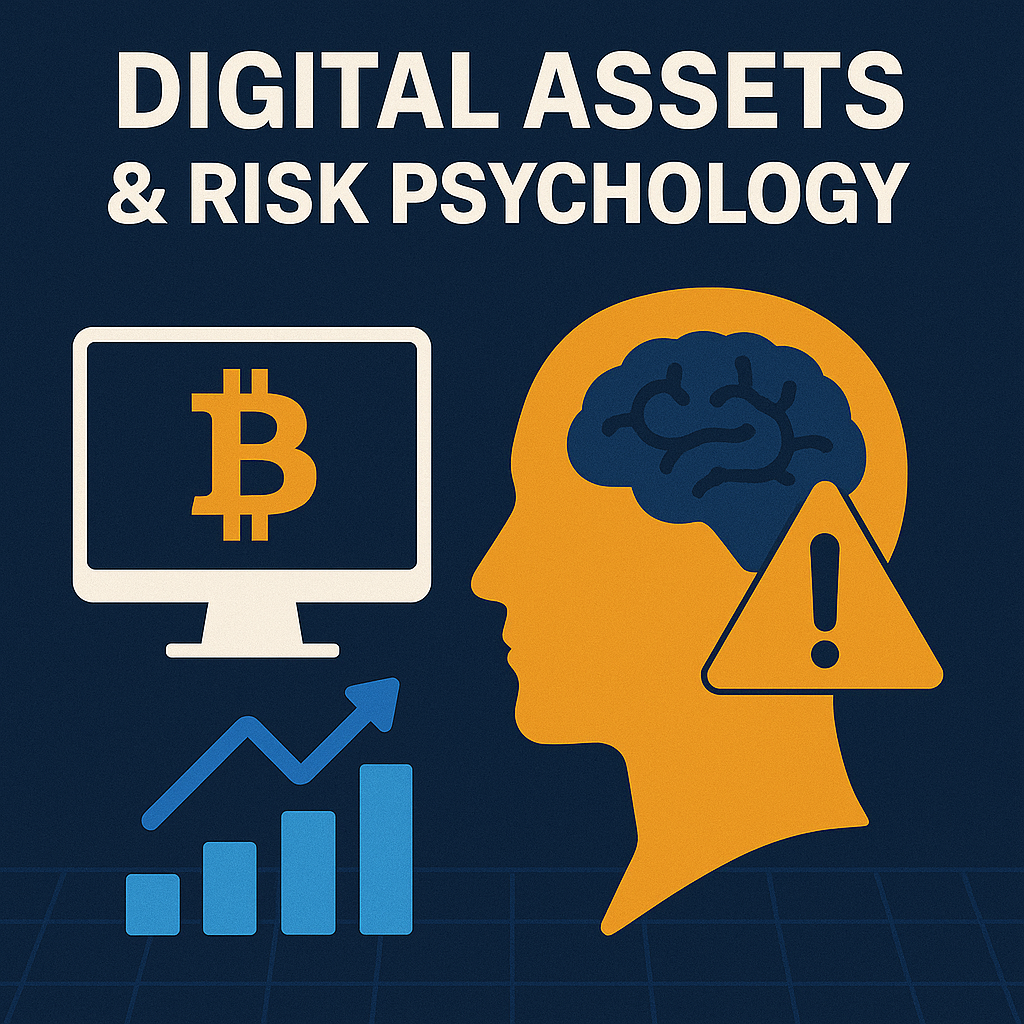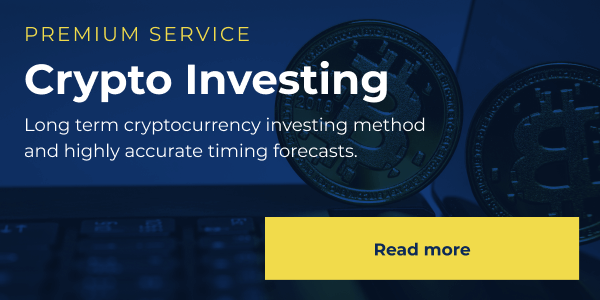The investment world is transforming rapidly. What began with gold-digging experiments with Bitcoin is now coming to the mainstream. One of the most significant achievements was the approval of the Bitcoin ETFs in the US in the early part of 2024, demonstrating that large financial institutions are putting it into practice.
While the cryptocurrency marketplace has been and will continue to be largely speculative, the digital marketplace, blockchain technology, and the connected implications are the future of a diversified investment account for most investors.
Emerging Markets: Risk & Reward
This stereotypical story has occurred previously. Investors routinely chase the next breakout asset class, whether it was during the dot-com bubble, today in cryptos, or green energy stocks. On one hand, it is possible to make colossal profits by entering the market early enough; on the other hand, one has to accept the bigger risks.
The key issues to consider are:
- Modifying rules: The legislation surrounding online property is yet to be created. Although in some regions, such as the EU, clear rules are being crafted, in others, this is not being done. An open market is not as safe as a fully licensed bank.
- Absence of clarity: It can be challenging to obtain transparent answers. Other sites do not publicly display their audit, location of funds, and risk management. It is, thus, necessary to conduct independent research.
- Banking issues: The limit of the platform may be reached, and they will be unable to process your money because it has expanded too much. As history has shown, it may lead to frozen accounts or even the company’s failure.
That is why professional, unbiased opinions are essential. Just as stock investors rely on earnings reports, participants in the digital asset space should examine external reviews. Examples would include security audits, platform trust reports, and various third-party evaluations. Such checks are one of the most effective weeding mechanisms between real opportunity and hype.
The Role of Institutions and Data
Major digital assets are now being played by big financial institutions. The appearance of companies such as BlackRock and Fidelity with their Bitcoin ETFs and the switch of banks, such as JPMorgan, to blockchain settlements, was a change of direction. Their intervention elevates some form of trust, but it comes at a high cost to all others.
To simple and professional investors, it has the following implications:
- It is more legitimate: Digital assets are no longer being viewed as a far-fetched gambit or a risky side bet.
- The rules are tougher: The platforms with ineffective security, compliance, and transparency will fail.
- Better decisions: Better decisions will be driven by their enhanced features that demonstrate usability. By offering extensive analytical capabilities of the market, investors will use facts and less media hype to make investment decisions.
According to market commentators, such as CCN, this crossover of institutional funds and digital innovation is reflective of previous fintech revolutions. As the online brokerage companies transformed stock investment two decades ago, blockchain schemes are in turn transforming ownership and settlement.
Investor Psychology
Ultimately, no data can ensure that our emotions are under control. Fear and greed are playing the most popular game in the crypto market with its well-known fluctuations. It has three giant mental traps to avoid:
- FOMO (Fear Of Missing Out): Re-entry when the market is climbing and you fear being left behind because you are afraid of missing it, but you have no strategy.
- Panic selling: The need to sell at a loss after it has gone down, rather than the long-run perspective, which may be the same.
- Overconfidence: You like to believe you have mastered the market and take more risks than you should.
The most effective defense is a basic, strict execution plan: understand how much you can and will risk, devise regulations when you will and will not purchase or dispose of assets, and never place all your money in a single asset. It is more about having control over your thinking rather than the money.
Investing in Games and Platforms
Marketing principles of crypto and digital tokens are also found in unexpected places like web gaming and gambling platforms. These sites give a viable idea of how this technology works and the means by which one can work with digital finance. Nonetheless, as with any investing endeavor, they are supposed to be properly vetted.
It is prudent to ensure that you have a look at some of the main factors before engaging in it:
- Transparency: Does the platform explicitly explain who licenses it, how it works, and what becomes of the money?
- Trust and Reputation: What do the other users say? Honest reviews like this review of MyStake Casino can help you avoid making a risky choice if the platform is reliable and trustworthy.
- Rules and Compliance: Does it operate in a well-regulated jurisdiction? This will prevent lawsuits or unpleasant surprises.
- Security: What does the company do to ensure its money and data are secure?
Crafting a Smarter Strategy
To succeed with digital assets, include some common sense along with the new technology. This would be a straightforward roadmap for navigation:
- Do your research: Make sure to only use dealing platforms that are licensed and that their assets have been audited by known reputable firms.
- Demand transparency: Select services with disclosed information about their operations, prices, and operators. When there is secrecy, then there is almost certainty of avoiding it.
- Diversify: This refers to the division of investments into various mutually useful assets and platforms. In doing so, should one of those not go up, then it will not drag your whole portfolio with it.
- Continue learning: Cryptoland is evolving rapidly. It is advisable to keep up with new rules, trends in the market, and the overall economy.
These steps will help you take advantage of the opportunities of digital finance and carefully manage your risk.



